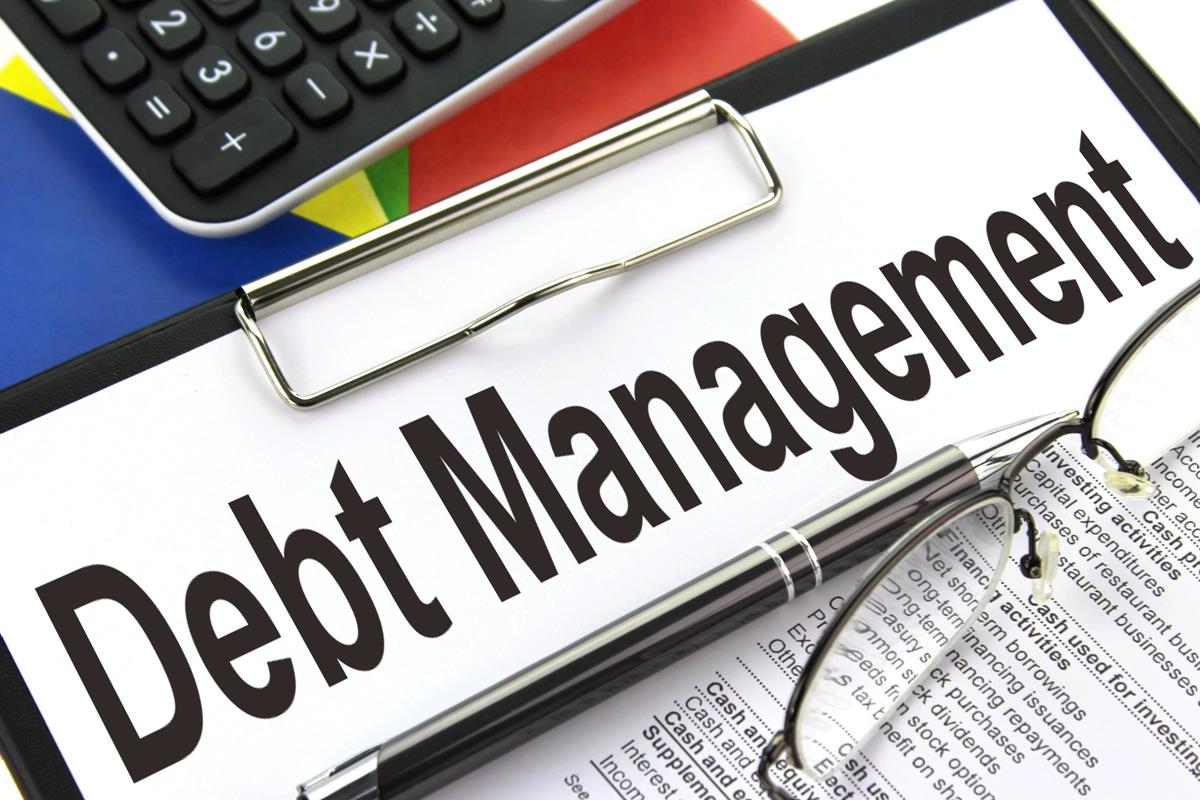 Managing credit card debt is a crucial aspect of maintaining financial health and stability, especially for residents of Miami Florida where economic pressures and varying costs of living can pose challenges. Avoiding the pitfalls of credit card debt requires discipline, awareness, and proactive financial management strategies. This article explores practical tips and advice tailored to Floridians to help them steer clear of getting buried in credit card debt.
Managing credit card debt is a crucial aspect of maintaining financial health and stability, especially for residents of Miami Florida where economic pressures and varying costs of living can pose challenges. Avoiding the pitfalls of credit card debt requires discipline, awareness, and proactive financial management strategies. This article explores practical tips and advice tailored to Floridians to help them steer clear of getting buried in credit card debt.
1. Create a Realistic Budget
The foundation of responsible financial management starts with creating a budget:
- Track Your Income and Expenses: Document your monthly income from all sources and categorize your expenses, including essentials like rent or mortgage payments, utilities, groceries, transportation, and discretionary spending.
- Set Spending Limits: Allocate specific amounts to each category based on your income and prioritize essential expenses over discretionary spending.
- Monitor and Adjust: Regularly review your budget to track spending habits, identify areas where you can cut back, and adjust allocations as needed to stay within your financial limits.
2. Use Credit Cards Wisely
Credit cards offer convenience and benefits when used responsibly:
- Pay Off Balances Monthly: Aim to pay off your credit card balances in full each month to avoid accruing interest charges.
- Limit Credit Utilization: Keep your credit utilization ratio (credit used vs. credit available) below 30% to maintain a healthy credit score.
- Avoid Minimum Payments: Always strive to pay more than the minimum payment to reduce the principal balance and minimize interest costs.
3. Build an Emergency Fund
Establishing an emergency fund is essential for unexpected expenses:
- Save Regularly: Set aside a portion of your income each month to build a financial cushion.
- Start Small, Think Long-Term: Begin with achievable savings goals and gradually increase your emergency fund to cover at least three to six months’ worth of living expenses.
- Use for Emergencies Only: Reserve your emergency fund for true emergencies, such as medical expenses, car repairs, or temporary loss of income, to avoid relying on credit cards.
4. Avoid Lifestyle Inflation
Resist the urge to increase spending as your income grows:
- Stick to Your Budget: As your income increases, maintain your current spending habits rather than upgrading to a more expensive lifestyle.
- Differentiate Between Needs and Wants: Prioritize essential expenses over discretionary spending and distinguish between necessary purchases and indulgences.
- Set Financial Goals: Establish long-term financial goals, such as saving for retirement or a down payment on a home, and allocate funds accordingly.
5. Educate Yourself About Personal Finance
Improving financial literacy empowers you to make informed decisions:
- Attend Workshops and Seminars: Participate in financial education programs offered by community organizations, banks, or credit unions.
- Read Financial Literature: Stay informed about personal finance topics, such as budgeting, saving, investing, and debt management.
- Seek Professional Advice: Consult with Debt Consolidation FL or credit counselor for personalized guidance on managing credit card debt and achieving financial goals.
6. Monitor Your Credit Score and Report
Your credit score impacts your ability to access credit and loan terms:
- Check Your Credit Report: Obtain a free copy of your credit report annually from each of the three major credit bureaus (Equifax, Experian, TransUnion) at AnnualCreditReport.com.
- Review for Accuracy: Verify that all information on your credit report is accurate and dispute any errors promptly.
- Understand Credit Factors: Learn how factors such as payment history, credit utilization, length of credit history, and types of credit impact your credit score.
7. Consider Debt Consolidation
If you have multiple credit card debts, consolidating them into a single loan or credit account with a lower interest rate can simplify payments and reduce costs:
- Explore Options: Research debt consolidation loans, balance transfer credit cards, or home equity loans if you own property.
- Compare Terms and Fees: Evaluate interest rates, fees, repayment terms, and potential impact on your credit score before choosing a consolidation method.
- Create a Repayment Plan: Develop a structured plan to pay off consolidated debt systematically and avoid accumulating new credit card balances.
8. Seek Community Resources and Support
Take advantage of local resources and assistance programs:
- Non-Profit Credit Counseling: Contact accredited credit counseling agencies for advice on debt management, budgeting, and financial planning.
- Financial Education Programs: Attend workshops, seminars, or webinars offered by community organizations or financial institutions.
- Legal Aid Services: Seek assistance from legal aid organizations if you encounter debt collection issues or need advice on consumer rights.
9. Avoid Impulse Purchases
Practice mindful spending habits to avoid unnecessary debt:
- Create a Shopping List: Plan your purchases in advance and stick to a list to avoid impulse buys.
- Wait Before Buying: Delay non-essential purchases for 24 hours to reconsider whether the item is truly needed.
- Use Cash or Debit Cards: Limit credit card usage to planned purchases or emergencies to avoid overspending.
10. Stay Vigilant Against Fraud and Identity Theft
Protect yourself from financial fraud and identity theft:
- Monitor Account Activity: Regularly review credit card statements and bank accounts for unauthorized transactions.
- Safeguard Personal Information: Keep sensitive information, such as Social Security numbers and financial account details, secure and avoid sharing them unnecessarily.
- Report Suspicious Activity: Immediately report any suspicious activity to your financial institution or credit card issuer to mitigate potential losses.
By implementing these strategies and tips, residents of Florida can proactively manage their finances, avoid falling into credit card debt traps, and achieve greater financial stability. Responsible credit card usage, combined with budgeting, saving, and ongoing financial education, forms the foundation for long-term financial health and well-being. Remember, maintaining financial discipline and making informed decisions are key to avoiding the pitfalls of credit card debt and building a solid financial future in the Sunshine State.






